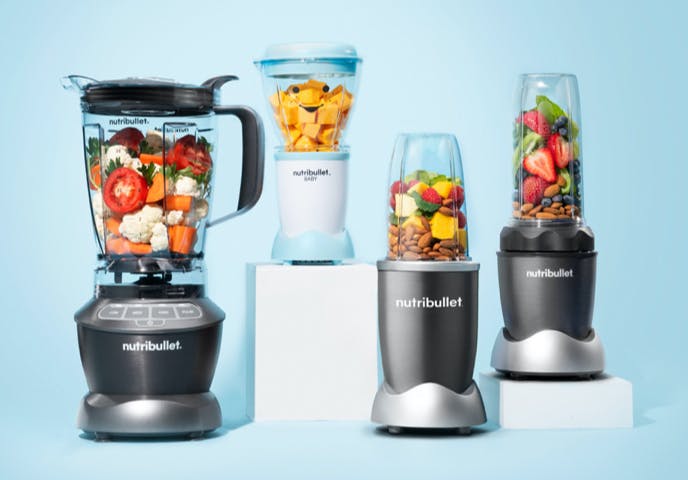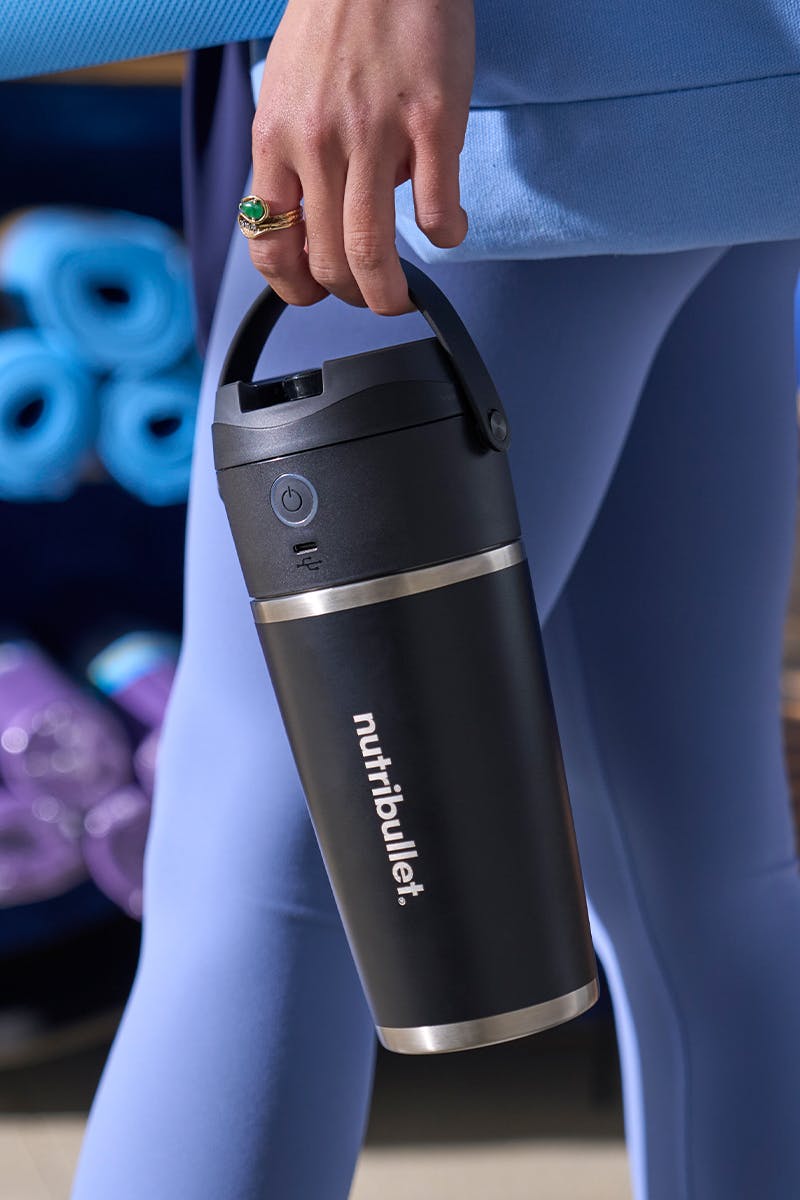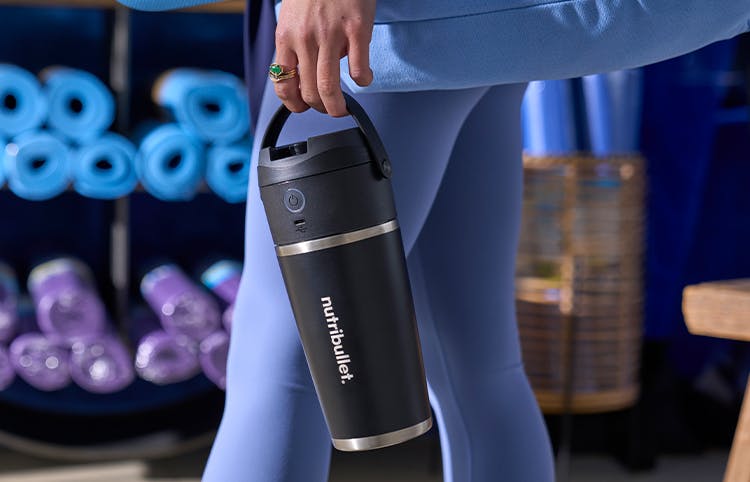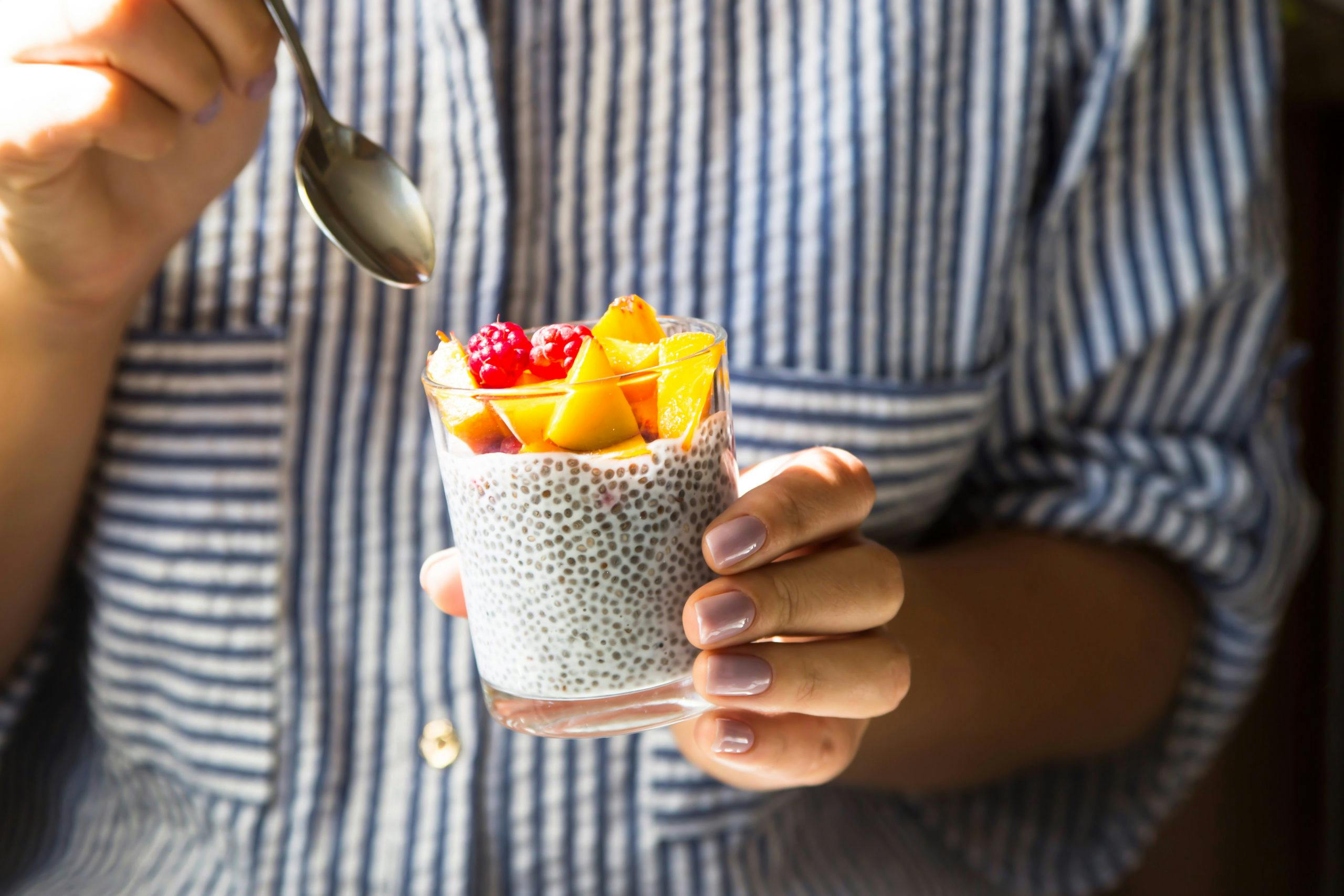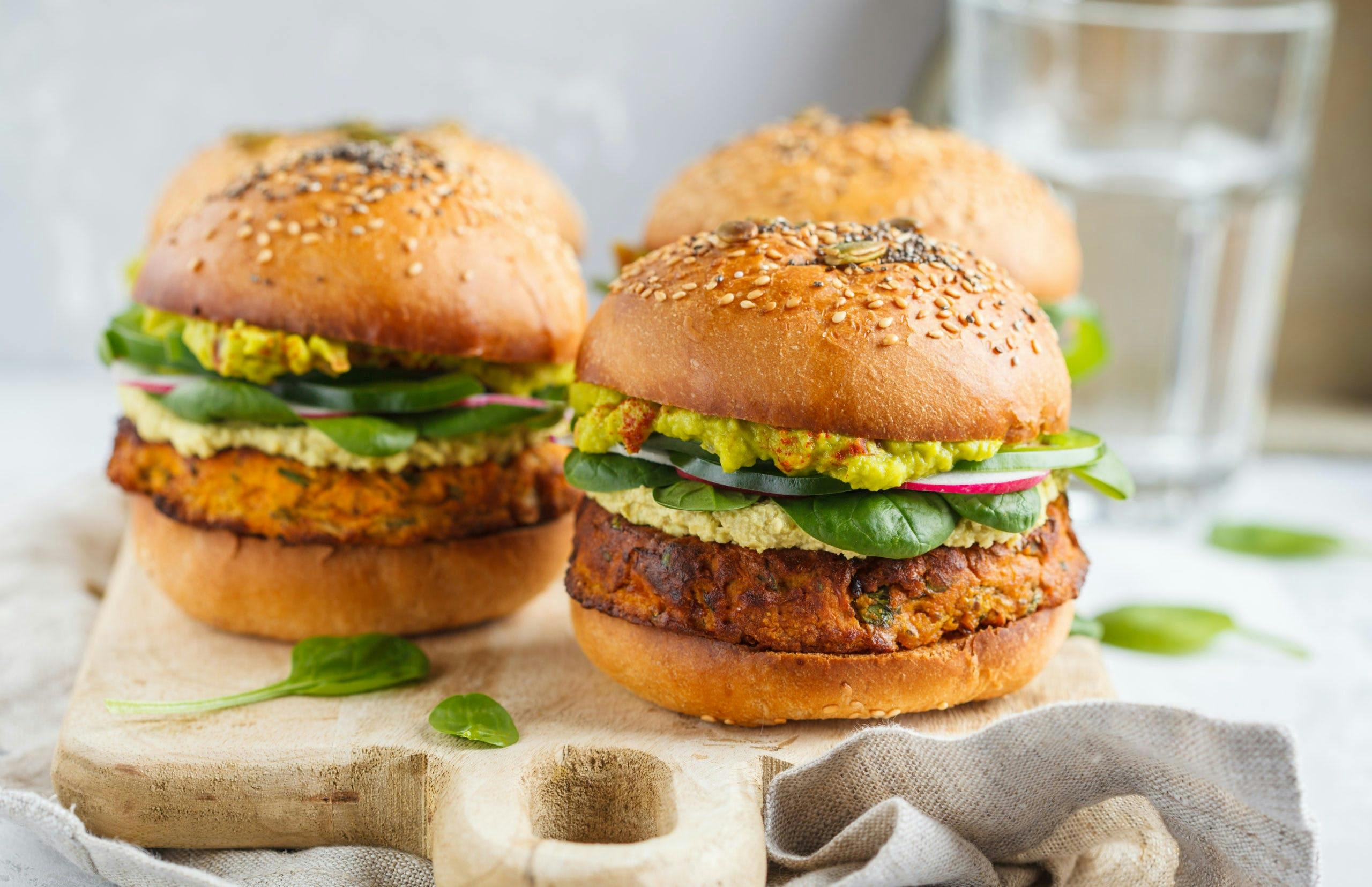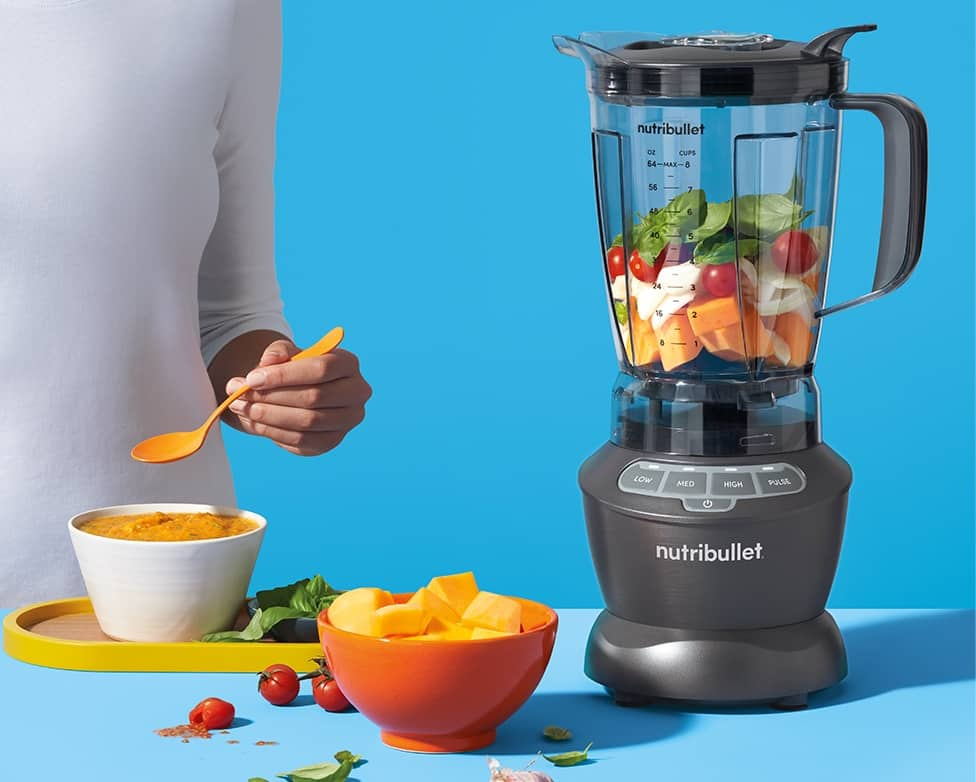We all know that protein is an important part of a well-balanced diet. It’s essential for promoting muscle health, repairing damaged cells and tissues, balancing hormones, and supporting your immune system. Protein is also a key to weight management since it helps keep you full. And it’s a must-have after a strenuous workout to help the body recover. With all of these important functions, it’s no wonder that many people turn to protein powder to get their daily recommended amount.
Nowadays, protein powders come in all sorts of flavors and varieties that can easily be added to smoothies, energy bites, and other recipes. There are so many options available that you begin to question which ones are effective and can give you the most bang for your buck. With growing demands for vegetable-based protein sources instead of animal protein sources, there’s a lot of research that’s been done to ensure we have a variety of quality vegetable protein, including pea protein.
When we think of fitness, peas are some of the last foods that come to mind. However, they’re chock-full of protein to fill you up and aid in the muscle recovery process. It’s an excellent option for those who want a plant-based source of protein. Pea protein is vegan-friendly, gluten-free, and dairy-free, making it ideal for people with allergies and dietary restrictions or preferences.
Pea protein is a relatively cheap, easily renewable, and environmentally friendly plant-based protein. Don’t mistake those plump green English peas for field peas, though. Only the latter, which is often dried and sold as split peas, is used to make these protein-packed products. Field peas are grown for the purpose of drying, rather than for eating fresh and can be either green or yellow. They’re grounded up, de-fatted, and used as a powder, which is often combined with rice protein in products to make a complete protein.
According to research conducted at the University of North Dakota, field peas have more grams of protein than other animal-free protein sources, such as corn, barley, oats, wheat, and soy. In equal volume, field peas contain twice as many grams of protein as soy does! It’s also a rich source of branched-chain amino acids (BCAA), which is made up of essential amino acids that help improve performance, delay fatigue, and restore muscle mass.
The benefits of pea protein go beyond performance and muscle recovery. Pea protein is easy on the digestive system, while its amino acids – such as glutamine, arginine, and valine – help support a healthy digestive tract lining and improve metabolism. That, combined with pea protein’s tendency to keep you full, can aid in weight loss and weight management. Some studies also suggest that this plant-based protein may help lower high blood pressure and reduce the risk of heart disease.
If you’re looking for a hypoallergenic, plant-based source of protein, pea protein may be worth checking out. It’s an excellent, eco-friendly option for vegans and omnivores, alike. Plus, its mild flavor makes it simple to add to your favorite recipes or your next smoothie for a high-protein post-workout snack.
Need a recipe to get you started? Try our Protein Breakfast Smoothie, a deliciously sweet and healthy way to start your day, packing in the protein first thing for energy and performance.










